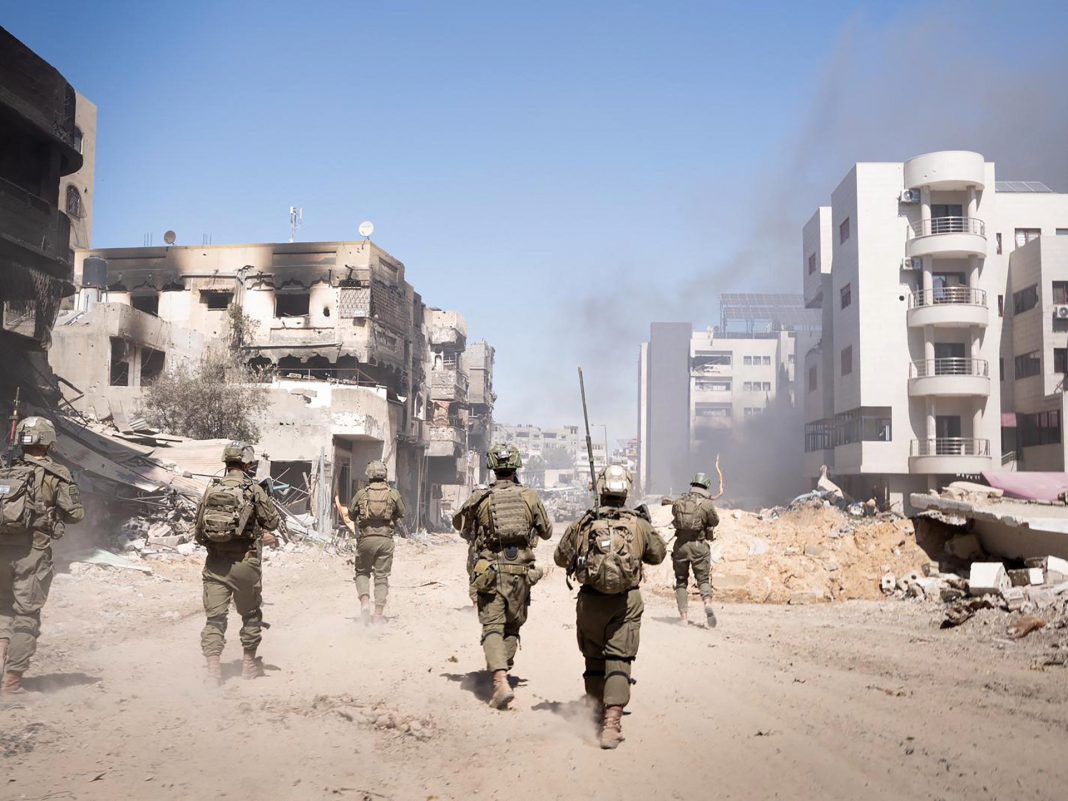Israel’s public broadcaster KAN, citing unnamed informed sources, reported that the plan—dubbed “Hell”—will include the complete cutoff of electricity, mass displacement and a full-scale military offensive.
The sources described it as an unprecedented escalation compared to recent weeks and months.
The Israel Hayom newspaper added that the plan also involves cutting water supplies and carrying out targeted assassinations to pressure Hamas into accepting a new US proposal.
Earlier on Sunday, Israel announced it agreed to a temporary ceasefire in Gaza during the Muslim fasting month of Ramadan and the Jewish holiday of Passover following a proposal from US President Donald Trump’s Special Envoy to the Middle East, Steve Witkoff, after the expiry of the first phase of the ceasefire.
Israeli Prime Minister Benjamin Netanyahu claimed that Hamas had rejected the temporary ceasefire proposal and he then ordered a halt to humanitarian aid deliveries to Gaza starting Sunday.
Israel has effectively turned Gaza into the world’s largest open-air prison, maintaining an 18-year blockade and forcing nearly 2 million of its 2.3 million residents into displacement amid dire shortages of food, water and medicine due to restrictions.
Hamas has called on mediators to ensure Israel adheres to the ceasefire agreement and urged immediate negotiations for the second phase. The group condemned Israel’s aid blockade as “cheap blackmail, a war crime, and a blatant coup against the ceasefire agreement.”
Netanyahu’s decision to block humanitarian aid has drawn sharp condemnation from Arab nations and criticism from Israeli politicians and the families of Israeli captives, who accused him of jeopardizing hostage negotiations.
Israel estimates that 59 hostages are still being held in Gaza, with at least 20 of them alive, and they are expected to be set free in the second phase of the ceasefire, which would require Israel to fully withdraw its forces from Gaza and end the war permanently.
The first six-week phase of the ceasefire agreement, which took effect on Jan. 19, officially ended at midnight on Saturday. However, Israel has not agreed to move forward to the second phase of the deal to bring an end to the war in Gaza.
The agreement, originally designed to unfold in three phases, was disrupted when Netanyahu refused to enter negotiations for the second stage, seeking to secure the release of more Israeli prisoners while avoiding commitments such as ending the genocide and withdrawing from Gaza.
The ceasefire agreement has halted Israel’s genocidal war on Gaza, which has killed more than 48,380 people, mostly women and children, and left the enclave in ruins.
Last November, the International Criminal Court issued arrest warrants for Netanyahu and his former Defense Minister Yoav Gallant for war crimes and crimes against humanity in Gaza.
Israel also faces a genocide case at the International Court of Justice for its war on the enclave.
